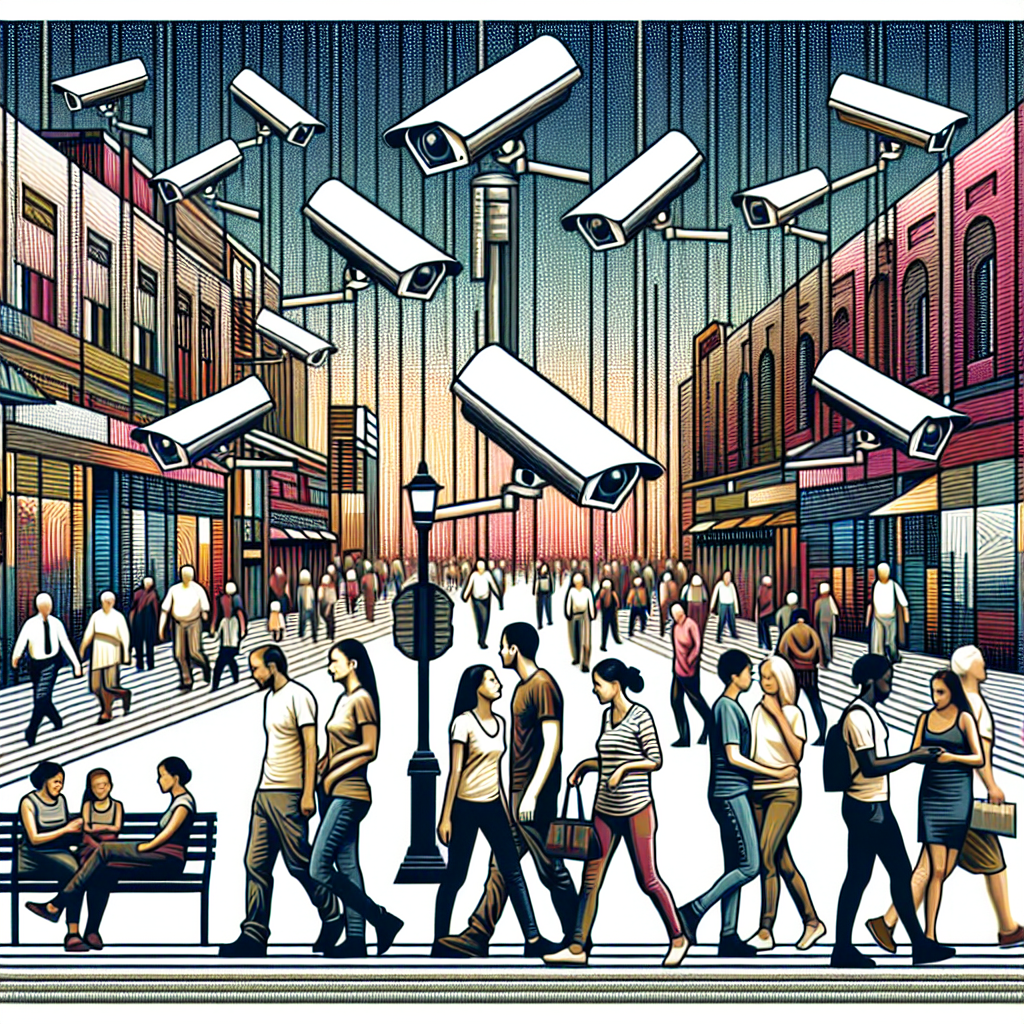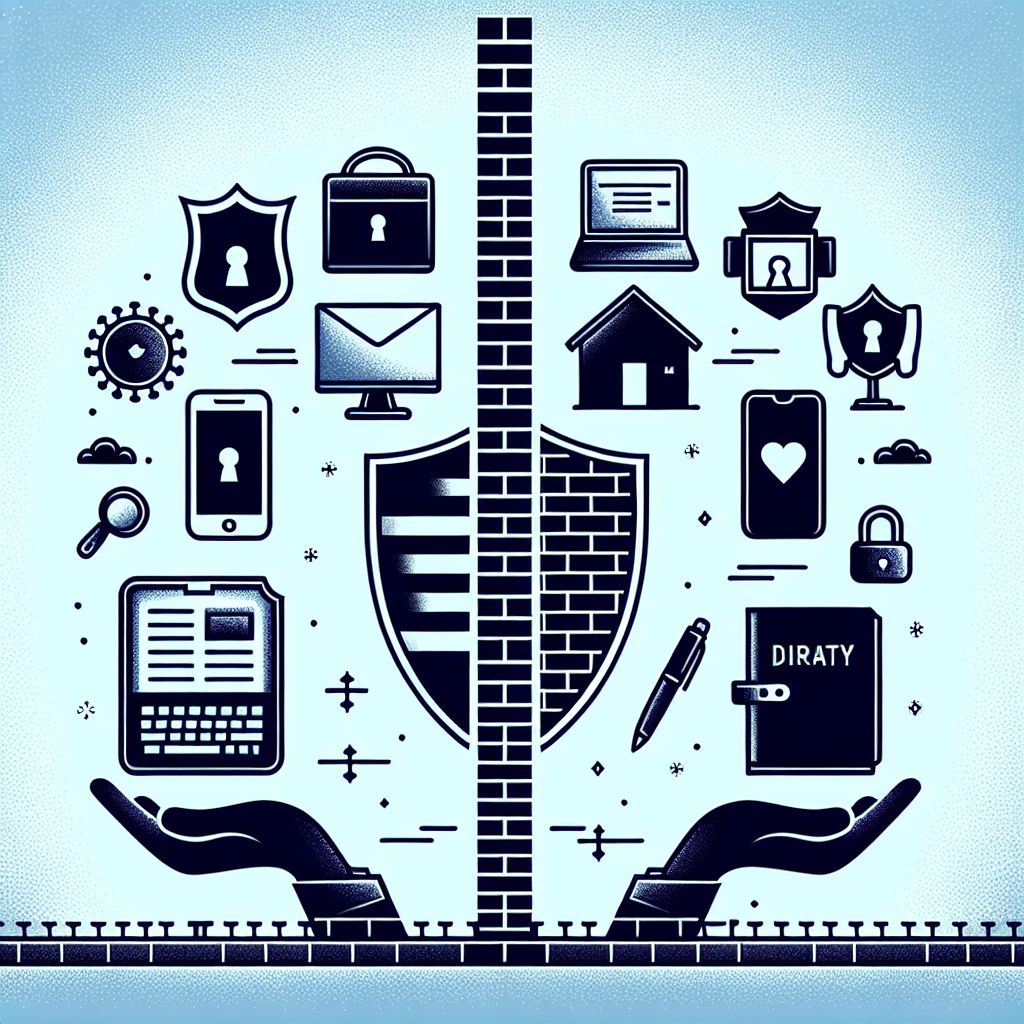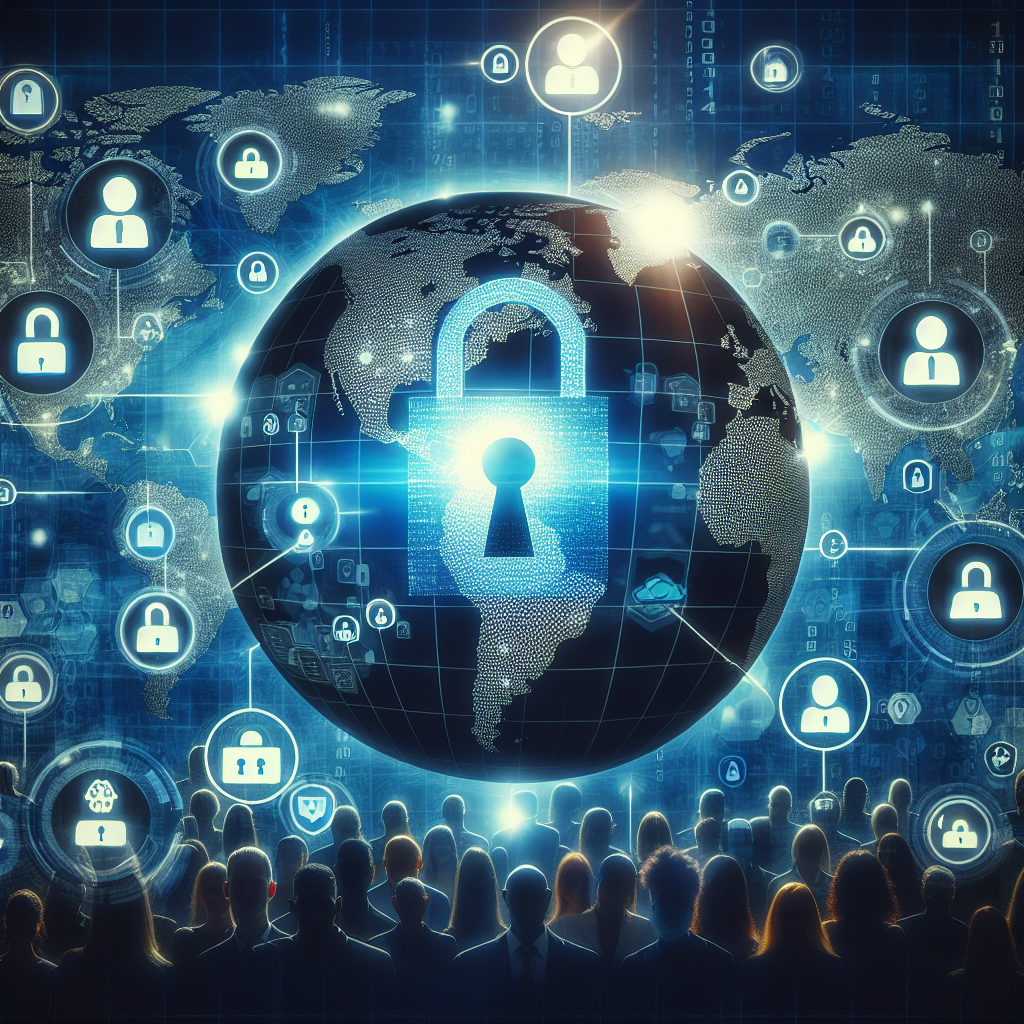The Social Implications of a Watched Society: A Closer Look
The concept of a watched society has transcended fiction to become a reality in the digital age. Surveillance technology, ranging from CCTV cameras to data tracking by large corporations, has reshaped how individuals interact with one another and with authority. Understanding the social implications of living in a watched society is essential to grasp the evolving dynamics of privacy, behavior, and autonomy.
1. The Rise of Surveillance Technology
Over the past two decades, technological advancements have fueled the proliferation of surveillance equipment. CCTV cameras proliferate in urban areas, while smartphones track user locations and behaviors. Data collected by social media platforms creates comprehensive profiles of users, leading to targeted advertising and, in some cases, political manipulation. The sheer volume of surveillance technology presents questions about the ethical boundaries of such monitoring.
2. Impact on Individual Privacy
One of the most immediate social implications of a watched society is the erosion of privacy. As surveillance becomes omnipresent, individuals may feel less comfortable expressing themselves freely. The chilling effect of being watched can lead to self-censorship in various spheres, including social interactions, creative expression, and political activism. A society where individuals modify their behaviors due to the fear of surveillance shifts the balance of personal freedom and societal control.
3. Behavioral Modification and Conformity
Living in a watched society encourages conformity to social norms. Research indicates that people tend to alter their behavior when they know they are being observed, a phenomenon rooted in psychological principles like the Hawthorne effect. This behavioral modification can have extensive social repercussions, including the suppression of dissenting opinions and a reduction in innovation. As individuals strive to meet perceived societal expectations, authenticity may be compromised.
4. Normalization of Surveillance
The gradual normalization of surveillance affects societal perception. It fosters a culture of acceptance where individuals trade privacy for safety and convenience. This acceptance can lead to a resigned mentality, whereby citizens believe they should always be watched to ensure public safety. Events such as terrorist attacks or violent crimes amplify this perspective, resulting in greater acceptance of invasive surveillance technologies.
5. Technological Dependence
The reliance on surveillance technology is dual-faceted. On one hand, it enhances security and efficiency in daily operations; on the other hand, it cultivates dependency. Citizens may unconsciously prioritize their reliance on technology to feel secure, thereby diminishing their critical engagement with its implications. This duality highlights a significant paradigm shift where individuals may forsake their autonomy in exchange for perceived safety.
6. Inequality and Surveillance Capitalism
Surveillance exacerbates existing socioeconomic inequalities. Wealthier neighborhoods often have more surveillance resources, which can lead to inequities in safety and policing. In contrast, marginalized communities may experience higher levels of surveillance without commensurate security, which can result in feelings of being targeted rather than protected. This imbalance reinforces systemic inequalities, leading to a cycle of marginalization and distrust.
7. Political Implications and Civic Engagement
In a watched society, political implications manifest in various forms. Citizens may be deterred from engaging in protests or expressing dissent against authority due to the potential repercussions of being monitored. This dissuasion not only undermines democracy but also limits civic engagement—essential for healthy political discourse. The risks associated with active participation can breed apathy, further weakening societal structures.
8. Data Privacy and Personal Agency
With the advent of big data, the question of data privacy gains increased prominence. The commodification of personal data raises ethical concerns regarding consent and ownership. Individuals may unknowingly forfeit their data rights, leading to issues with personal agency. As corporations collect, analyze, and sell user information, the lines of consent and autonomy blur, leading to a commodified understanding of personal identity.
9. Mental Health Consequences
The psychological effects of constant surveillance can lead to significant mental health issues. Anxiety, stress, and paranoia may arise as individuals become hyper-aware of their surroundings and the implications of their actions. The pressure to present an image of compliance and normality can contribute to a deteriorating sense of self-worth, resulting in broader societal ramifications that include increased cases of depression and other mental health disorders.
10. Legitimacy of Authority and Trust Issues
In a watched society, the legitimacy of authority becomes increasingly scrutinized. Citizens may question the motives behind surveillance initiatives and whether they genuinely aim to protect the population or reinforce control. This skepticism can weaken public trust in institutions, complicating efforts to foster cooperation between authorities and citizens. A decline in trust manifests in social unrest and disillusionment, posing challenges to governance structures.
11. Openness versus Secrecy: The Role of Social Media
Social media platforms serve as both tools for connection and instruments of surveillance. While they enable shared experiences and community building, they also provide corporations and governments with invaluable data on user behavior. The paradox lies in users’ willingness to share personal information online, often without fully understanding the consequences. This dynamic leads to a broader discussion regarding the balance between openness and the implications of secrecy in the digital realm.
12. Future Considerations: Regulating Surveillance
As surveillance becomes an ingrained aspect of society, regulatory frameworks will be pivotal. Striking a balance between security and individual rights requires comprehensive policies and legislation. Advocating for transparency in surveillance practices, enforcing data protection laws, and promoting citizen education on privacy rights can help navigate the complexities of maintaining a watched society.
13. Global Perspectives on Surveillance
The implications of surveillance vary globally, influenced by cultural, political, and economic contexts. Authoritarian regimes often utilize surveillance to stifle dissent and control populations, whereas democratic societies grapple with balancing security and freedom. Understanding these nuances allows for a broader analysis of the global landscape of surveillance and its multifaceted social consequences.
14. Innovative Responses to Surveillance
In response to the challenges posed by surveillance, individuals and organizations are developing innovative solutions. Anonymizing technologies and encryption methods offer ways to reclaim data privacy, allowing users to protect themselves from pervasive monitoring. Social movements advocating for digital rights are gaining traction, seeking to empower individuals against surveillance overreach.
15. The Ethical Landscape of Surveillance
Lastly, ethical considerations in the realm of surveillance are increasingly pertinent. The debate surrounding ‘ethical surveillance’ aims to define acceptable monitoring practices. Developing guidelines that prioritize human rights, promote accountability, and ensure compliance with ethical standards is paramount in protecting individuals from the dehumanizing effects of living in a watched society.
As the reality of a watched society continues to evolve, the implications ripple through various aspects of daily life, shaping the fabric of social interaction. Recognizing these dynamics is crucial for fostering awareness and promoting discussions on the importance of maintaining individual rights and freedoms in an increasingly monitored world.













Leave a Reply